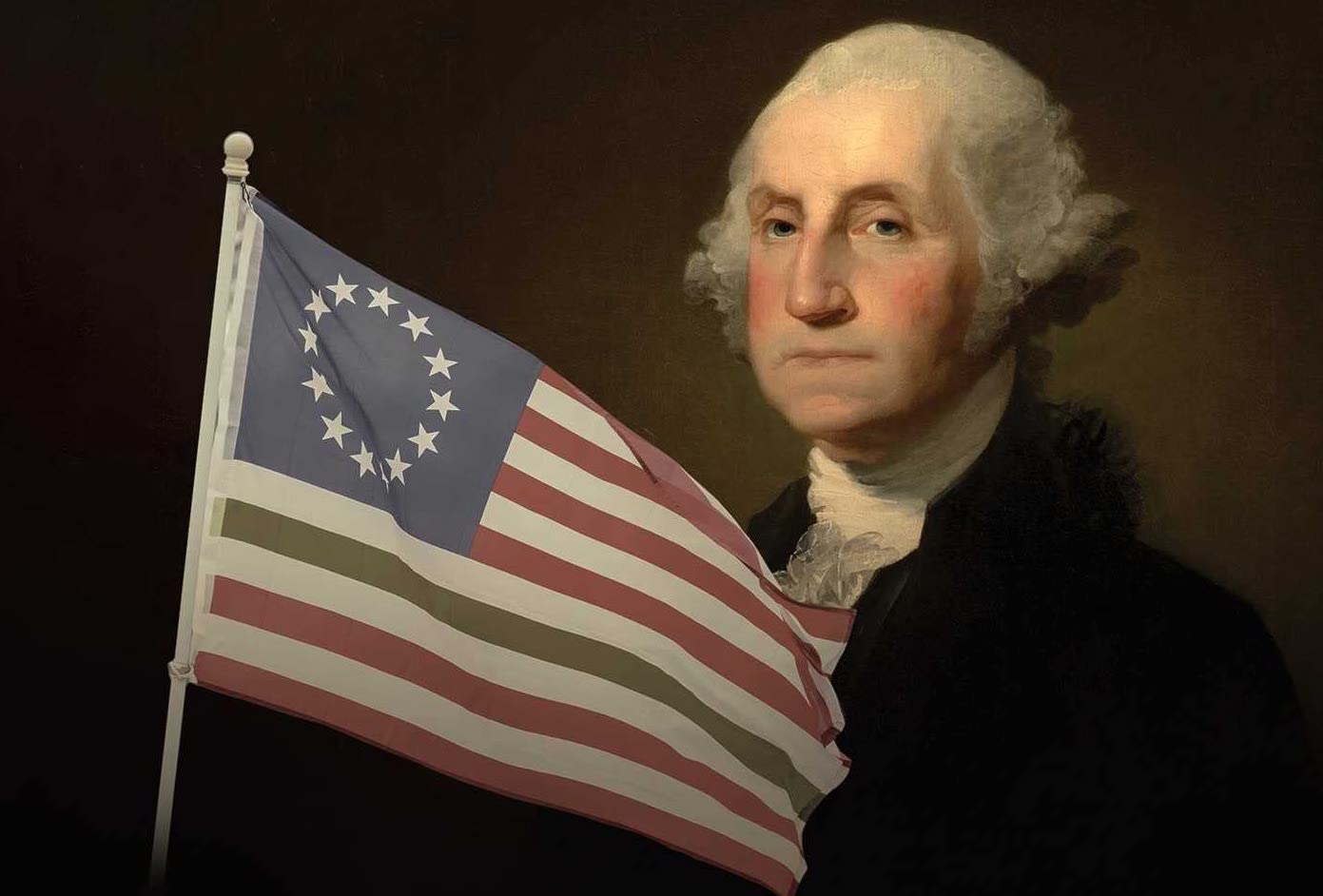American Revolution was a political upheaval that occurred between 1765 and 1783. To know more read the whole article……
The American Revolution was a pivotal event that took place between 1763 and 1783. It marked the struggle of the 13 American colonies against British rule, eventually leading to the establishment of the United States of America as an independent nation. The revolution was fueled by a combination of political, economic, and ideological factors that culminated in a fervent desire for liberty and self-determination.
Despite lacking the elements of social radicalism of the French Revolution, the American Revolution was more than merely a war of independence because it was the first time a written constitution was adopted by the people and a democratic republic was established.
Causes Of American Revolution 1763
In colonial America, Britain implemented mercantilist policies that were intended to advance British economic interests, primarily in the form of a favorable trade balance. Following are the reasons that fueled the American War of Independence and later, the American Revolution.
Socio-Political Factors leading to American Revolution
- As American colonies had people from different nationalities and races, it led to liberalism in society.
- When Americans got bothered about their economic and political upliftment, the exploitative policies of Britain were a cause of disappointment for the American people. Therefore, the ground was prepared for protest against British exploitation.
Salutary Neglect: The Roots of Autonomy
Salutary neglect was the British government’s policy towards its colonies in North America from the early to the mid-18th century. This unintentionally contributed to the development of autonomous colonial legal and legislative institutions, which eventually laid the groundwork for American independence.
The Seven Years’ War (1756–1763) and Its Aftermath
The Seven Years’ War was a global conflict involving European powers, primarily Britain and France. It was fought in Europe and the Americas. The war created a financial crisis in Britain. To recover costs, the British Parliament imposed taxes on American colonies, including the Sugar Act and the Stamp Act. During the war, American merchants expanded trade globally, gaining economic confidence. After 1760, Americans increasingly opposed Britain’s exploitative policies.
Rise of British Taxation and Colonial Backlash
British Prime Minister Grenville attempted to pass on the financial burden of colonial defense to the Americans.
Key taxes and acts included:
- The Sugar Act (1764)
- The Stamp Act (1765)
- The Townshend Acts (1767), which imposed duties on essential goods like paper, tea, and glass.
These taxes led to growing resistance. Colonists rallied under the slogan “No taxation without representation.” Groups like the Sons of Liberty and Daughters of Liberty emerged. Protesters attacked tax collectors and destroyed tax stamps.
Events leading to American Revolution
Boston Massacre (1770)
Despite the repeal of the Stamp Act, Britain continued asserting its authority. Import duties annoyed the colonists further. In response to protests led by Samuel Adams in Boston, British soldiers opened fire, killing several colonists. This tragic event became known as the Boston Massacre and worsened relations between Britain and the colonies.
Lord North’s Tea Policy and the Boston Tea Party
To rescue the East India Company from a financial crisis, Prime Minister Lord North introduced the Tea Act (1773). It allowed the company to sell tea directly in America. Colonists saw this as a trick to accept British taxation. On December 16, 1773, Samuel Adams led a protest in Boston Harbor where activists dumped British tea into the Atlantic — an event famously known as the Boston Tea Party. This act of defiance paved the way for coordinated colonial action.
Formation of Continental Congresses
First Continental Congress (1774):
Twelve colonies (except Georgia) met to address colonial grievances. Leaders like Samuel Adams, George Washington, and John Adams demanded:
- Removal of trade restrictions
- Representation in British Parliament
Second Continental Congress (1775):
In response to continued British hostility, colonists sent the Olive Branch Petition to King George III, reaffirming loyalty but seeking peace. The king ignored it and declared the colonies in open rebellion, deepening the divide.
Declaration of Independence (July 4, 1776)
The Second Continental Congress appointed a five-man committee, including Thomas Jefferson, Benjamin Franklin, and John Adams, to draft the Declaration of Independence. Primarily written by Jefferson, the document declared all men equal and proclaimed the colonies’ separation from Britain. This marked the formal start of the American War of Independence.
The American War of Independence (1775–1783)
Under the leadership of George Washington, American forces fought against Britain. France joined the war in 1778 to support America and retaliate against Britain. The decisive victory came in 1781 at Yorktown, Virginia, where British forces surrendered. The war formally ended with the Treaty of Paris in 1783.
Treaty of Paris (1783)
Key provisions are as follows :
- Britain recognized the independence of 13 American colonies and the creation of the United States.
- America gained land up to the Mississippi River and south to the 31st parallel.
- France regained territories in the West Indies, India, and Africa.
- Spain regained Florida.
- Holland and Britain returned to pre-war conditions.
Role of Intellectuals in the Revolution
Several thinkers inspired public opinion:
- Thomas Paine: In his book “Common Sense,” he criticized British rule and advocated independence.
- Benjamin Franklin: Founded the Philosophical Society of America to awaken political awareness.
- Henry Patrick: Stirred public sentiment with his famous quote, “Give me liberty or give me death.”
Domestic Impact of the American Revolution
- Collapse of mercantilism: American trade and industry were freed from British control.
- Decline of loyalist influence: Around 80,000 loyalists left the new nation.
- A written constitution was adopted, introducing a democratic republic.
- The Bill of Rights, added in 1791, guaranteed civil liberties and limited federal government power.
Global Impact of the American Revolution
- The revolution shattered Britain’s image of invincibility.
- Popularized ideas of democracy, equality, and constitutional governance worldwide.
- Inspired anti-colonial struggles, including in India.
- Promoted federalism as a governance model.
- Established the United States as a symbol of liberty and opportunity.
- Elevated the importance of education for an enlightened society.
The American Revolution marked the birth of a new nation rooted in liberty and democratic ideals. It shattered the myth of colonial invincibility and inspired global struggles for freedom. The revolution laid the foundation for a written constitution and individual rights.

